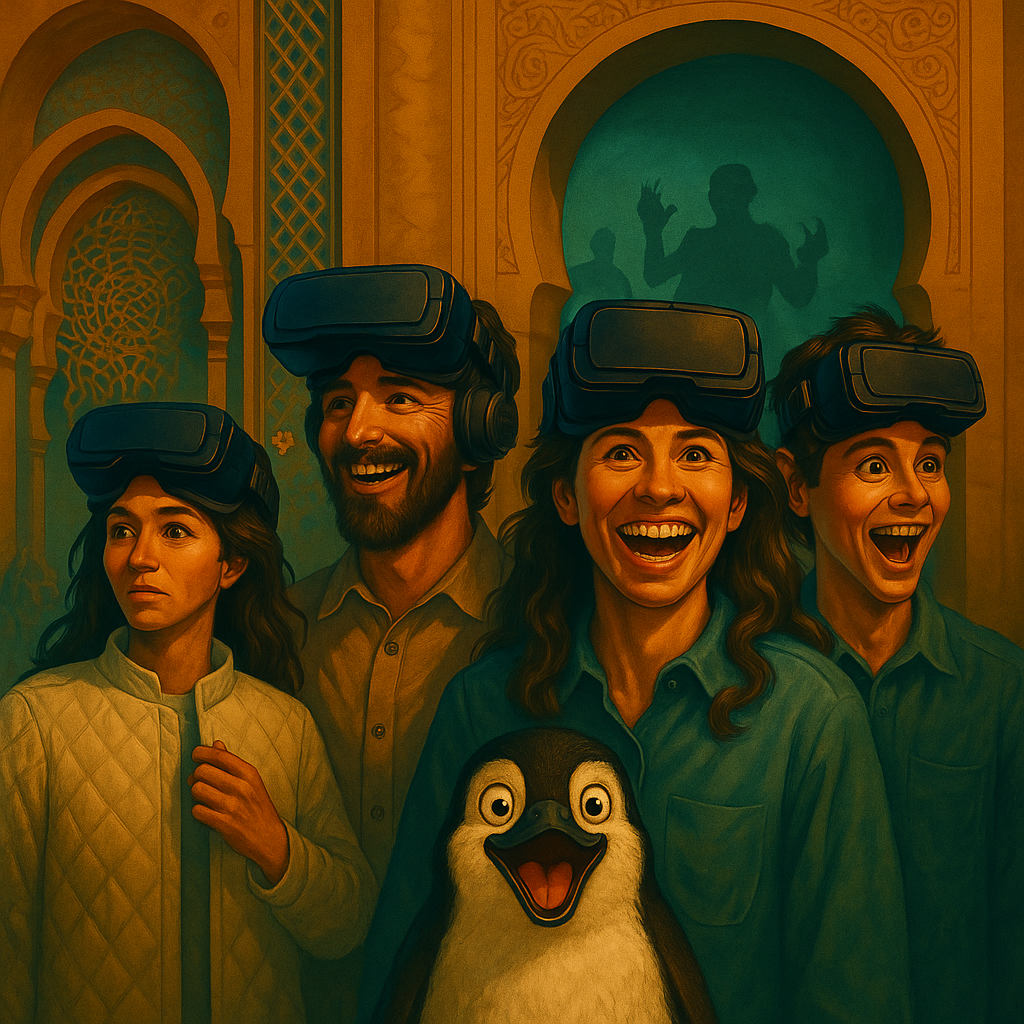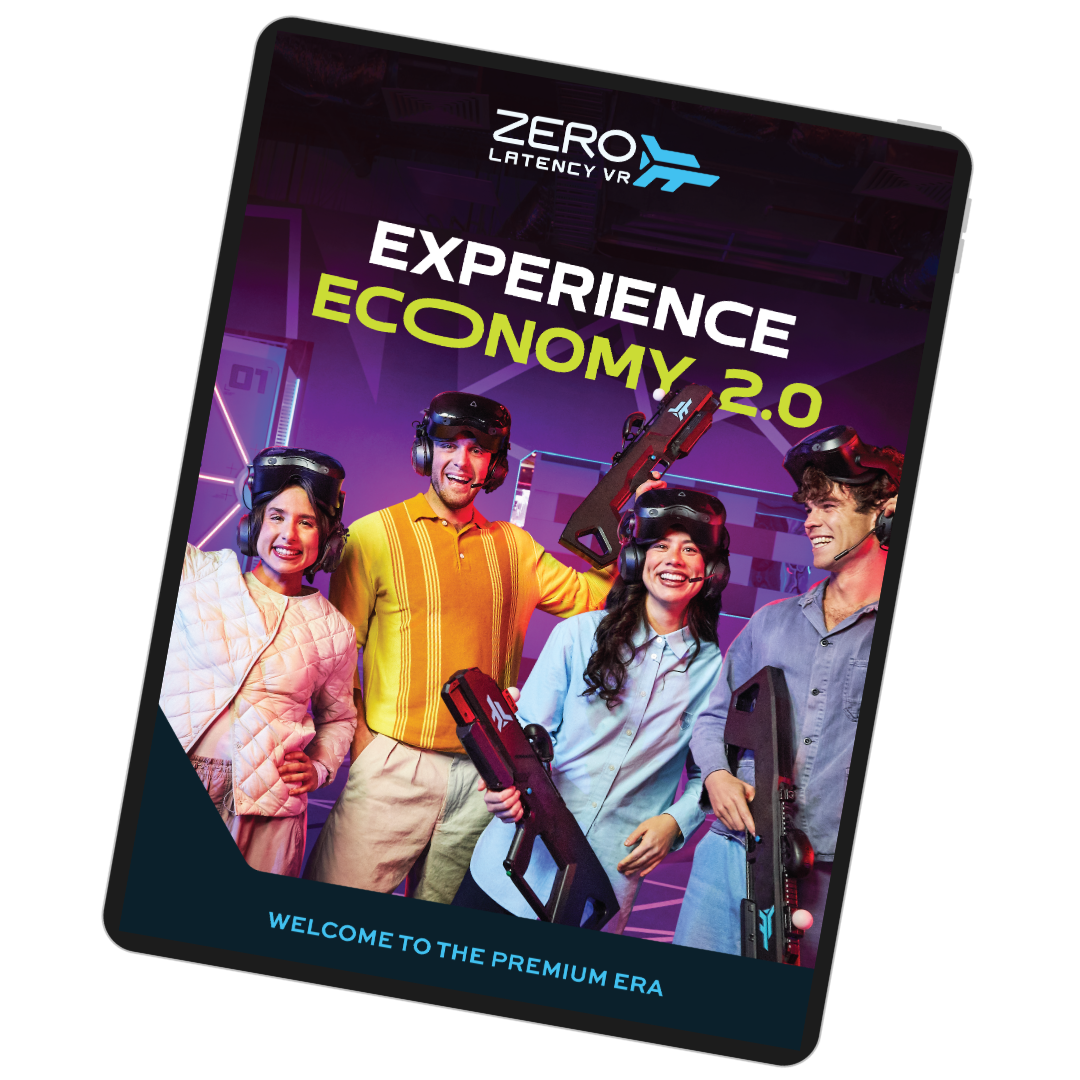
Zero Latency VR confirmed this week that a licensed arena will open in Rabat, Morocco, northeast of Casablanca, later this year. This gives the Australian company the distinction of the first operational footprint on six of the planet’s seven continents, raising its live-venue count to 116. The move is more than simple expansion; it illustrates how the global location-based VR market is leaning into what Zero Latency calls “Experience Economy 2.0”—an era in which audiences willingly pay for higher-quality, socially-shared entertainment.
Casablanca offers a cocktail of rising disposable income, tourism traffic and comparatively low retail rents—conditions that shorten pay-back periods for large-format attractions. Local entrepreneurs Yassine Oufkir and Abderrahim B. will operate the venue under Zero Latency’s licensing model, which supplies the software and content pipeline while leaving day-to-day operations to regional partners.
’ , – . , , – .”
With the Casablanca deal, Zero Latency now spans North America, South America, Europe, Asia, Australia and Africa. The company jokingly notes that Antarctica remains an untapped market pending “flipper-friendly headsets” for penguins.
Zero Latency opened its first warehouse-scale arena in Melbourne in 2015 and has since logged more than four million individual plays while maintaining a 4.8 average Google rating across the network. Hardware has evolved from backpack PCs and optical tracking to lighter, inside-out systems; content now includes licensed titles such as Far Cry VR: Dive Into Insanity and Warhammer 40K: Space Marine VR. Each technology refresh has reduced staff workload and improved the guest throughput that drives operator margins.
The Casablanca announcement lands alongside an internal research deck—Experience Economy 2.0: Welcome to the Premium Era—that lays out why Zero Latency believes demand is shifting toward “premium” experiences:
The report argues that consumers are moving from passive “experience economy 1.0” entertainment toward active escapism—think VR, karting, and interactive theatre—where memorable moments can be shared on social channels.

Quality doesn’t just lift price; it drives repeat visitation, a metric location-based businesses consider their Holy Grail. In a survey cited on page 12, 60 percent of respondents said they return to venues that continually refresh storylines, while 83 percent bring friends on a subsequent visit. Zero Latency’s strategy of releasing at least one major title per year is designed to feed that loop.
On the financial side, Data Bridge Market Research pegs the global location-based VR market at US $24.3 billion by 2029, with a projected 27.3 percent compound annual growth rate. Those figures, paired with a licensing framework that lowers capital barriers, help explain why more than 35 additional Zero Latency sites are in various stages of build-out.

Zero Latency’s sixth-continent milestone backs up the thesis laid out in Experience Economy 2.0: consumers will prioritize value, social connection and sensory engagement even in a tighter economic climate. The company now faces the task of translating its “premium era” playbook to a region where per-capita spend is lower but appetite for novel entertainment is growing fast.
As for that final continent, the internal consensus is that penguins make lousy throughput data points—and their flippers don’t fit standard controllers. Until that R&D challenge is solved, six out of seven continents will have to do.


